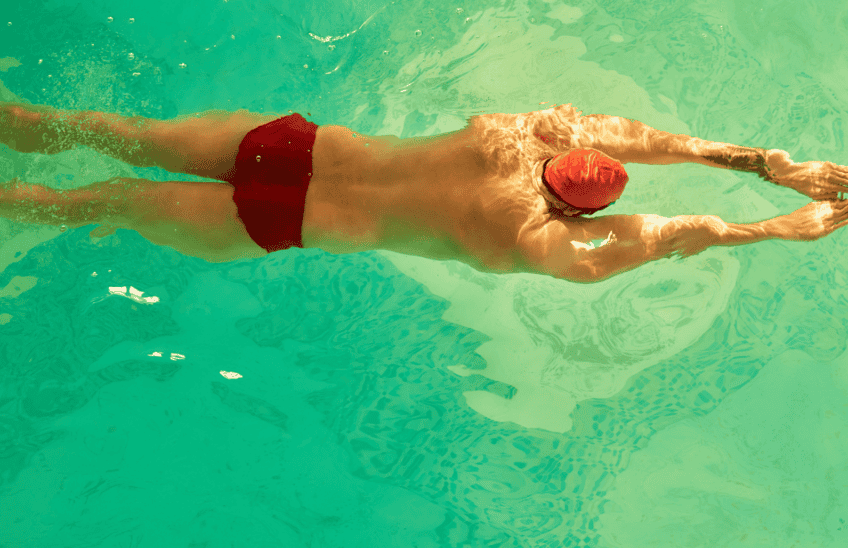Summer is here and many of us can’t wait to spend time swimming and enjoying water activities. However, along with the fun of splashing in the pool or diving into the ocean comes the risk of developing swimmer’s ear—an uncomfortable and sometimes painful condition caused by water trapped in the ear canal.
Fortunately, with proper prevention strategies, you can minimize the risk of swimmer’s ear and ensure a safe and enjoyable summer in the water. Let’s explore what swimmer’s ear is, the common causes, practical tips for prevention, and how to enjoy water activities safely this summer.
Understanding Swimmer’s Ear
Swimmer’s ear, also known as otitis externa, is an infection of the outer ear canal, typically caused by water remaining in the ear after swimming or bathing. This moist environment creates an ideal breeding ground for bacteria or fungi, leading to inflammation, irritation, and infection of the ear canal. Common symptoms of swimmer’s ear include ear pain, itching, redness, drainage from the ear, and difficulty hearing.
Common Causes of Swimmer’s Ear
Several factors can contribute to the development of swimmer’s ear:
- Excessive Moisture: Water that remains in the ear after swimming or bathing can disrupt the natural balance of the ear canal, making it more susceptible to infection.
- Trauma to the Ear Canal: Inserting objects into the ear, such as cotton swabs or earplugs, can damage the delicate lining of the ear canal, increasing the risk of infection.
- Foreign Objects: Small objects, such as sand, dirt, or debris, that enter the ear canal while swimming or playing in the water can also contribute to swimmer’s ear.
- Chemical Irritants: Exposure to harsh chemicals in swimming pools or hot tubs, such as chlorine or bromine, can irritate the ear canal and contribute to inflammation.
Practical Tips for Preventing Swimmer’s Ear
To reduce the risk of developing swimmer’s ear this summer, consider implementing the following prevention strategies:
Keep Your Ears Dry
To keep your ears dry, you can wear swimmer’s earplugs or custom-fitted silicone earplugs to prevent water from entering the ear canal while swimming or bathing. After swimming or showering, gently dry your ears using a soft towel or a hair dryer on a low setting. Tilt your head to each side to allow excess water to drain out.
Avoid Inserting Objects into Your Ears
Avoid using cotton swabs or other objects to clean inside your ears, as they can push wax deeper into the ear canal or cause injury to the delicate lining. If you need to clean your ears, use a damp washcloth or tissue to gently wipe the outer ear. Avoid inserting anything into the ear canal.
Protect Your Ears from Irritants
Consider wearing a swimming cap to protect your ears from exposure to chlorine or other chemicals in swimming pools. After swimming, rinse your ears with clean, fresh water to remove any residual chemicals.
Use Preventive Drops
After swimming, consider using over-the-counter ear drops to help dry out excess moisture and prevent bacterial growth in the ear canal. If you’re prone to swimmer’s ear, talk to your doctor about prescription-strength preventive ear drops that can help maintain the health of your ear canal.
Practice Good Hygiene
Maintaining good ear hygiene will help reduce the risk of swimmer’s ear. Gently clean the outer ear with mild soap and water and dry gently. Avoid sharing towels, earbuds, or other personal items that come into contact with the ears. Use separate items to prevent the spread of bacteria or fungi.
Enjoying Water Activities Safely
While a swimmer’s ear can put a damper on your summer fun, it doesn’t have to sideline your water activities altogether. By following these practical tips for preventing swimmer’s ear and enjoying water activities safely, you can make the most of your time in the pool, lake, or ocean while protecting your ear health.
Watch for the signs of swimmer’s ear and seek medical attention if you experience any symptoms. For more support with your hearing health, visit us today. We’ll help you find out more about your ear health, hearing needs, and more.


